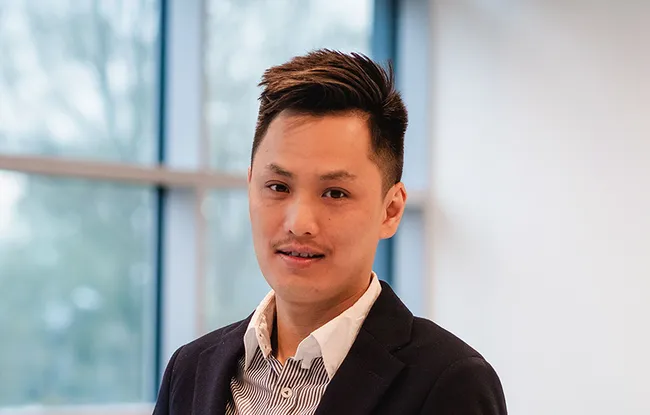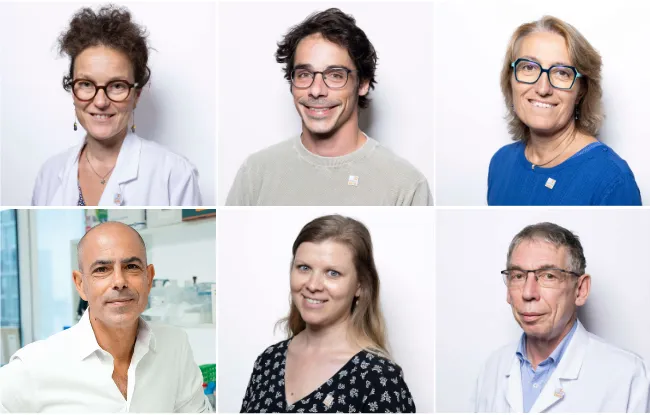- Home >
- Institut Curie News >
- Dr. Phong Nguyen a new junior team leader in Paris, explores cardiac regeneration
During his PhD at the Australian Regenerative Medicine Institute in Melbourne, Dr. Phong Nguyen explored the roles of skeletal muscle stem cells during development, growth and regeneration in zebrafish.
After graduating, he did a post-doctorate at the Hubrecht Institute in the Netherlands, during which he focused on heart regeneration in adult zebrafish. There, he developed single-cell sequencing and live imaging techniques to understand the behavior of muscle cells during this process.
“Unlike humans, who develop permanent scarring after a heart attack, the fish can form new tissue, often without leaving any noticeable after-effects,” he explains.
On the strength of this experience, Dr. Phong Nguyen is now head of the research team Mechanisms of Heart Regeneration (CNRS UMR3215 / Inserm U934 / Sorbonne Université), where he will be continuing his work. This new team is based in Paris and will be studying how the heart heals after injury, again drawing inspiration from the zebrafish's remarkable abilities. To do so, they will be using advanced genetic, imaging and sequencing techniques.
“My goal is to identify the key mechanisms that enable new cells arising during the regeneration process to fully heal the heart. Understanding this would enable us to develop new treatments to restore heart function after injury and prevent subsequent failure”, adds the young team leader.
To carry out his work, Dr. Phong Nguyen will be using the cutting-edge infrastructure and expertise of Institut Curie teams, particularly in terms of imaging and single-cell analysis. He will also be relying on the proximity between the Research Center and the Hospital Group.
“This real advantage will allow us easier access to patient samples, which are crucial elements for confirming our results and ensuring that our research finds concrete applications in the medical field”, he concludes.
New Junior Principal Investigators (JPIs) receive a starting package on arrival at the Research Center. This involves financial support and tailored services to establish a research team, in particular, with the assistance of a scientific editor for ERC projects.
Therefore, from arrival, they have access to their offices, shared equipment, administrative support and common resources made available at the Research Center.
This supportive approach is only possible thanks to the generosity of the public.



